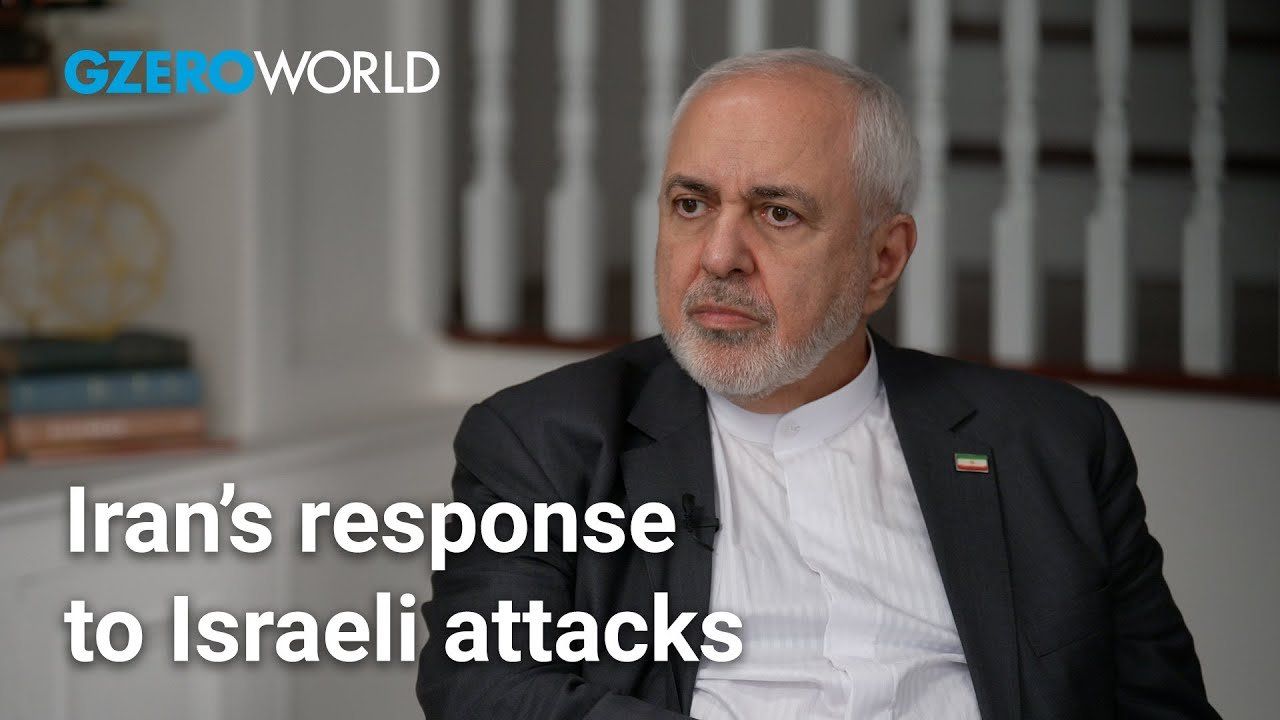
Is the shadow war between Israel and Iran officially out in the open? Iran launched a wave of ballistic missiles into Israel Tuesday night, calling the attack a response to Israel’s assassination of Hezbollah leader Hassan Nasrallah, who was killed in Lebanon last week. Iran’s Revolutionary Guard Corps also said the attack was retaliation for the killing of Hamas’s political leader, Ismael Haniyeh, assassinated while visiting Tehran last July, as well as Israel’s April attack on an Iranian embassy in Syria, which killed an Iranian commander.
On GZERO World, Ian Bremmer spoke with Iran’s Vice President of Strategic Affairs Mohammad Javad Zarif on September 25, days before Nasrallah’s assassination and Iran’s missile response. Zarif, who served as Iran’s foreign minister until 2021, made it clear that Tehran had a right to defend itself and warned Iran could respond to Israel at any time. Zarif said that Iran had, up to that point, shown restraint in order to avoid being “dragged” into a wider war, which he claimed would play into Israeli interests.
“[Israel] thrives on tension, on conflict, and we will not provide it to them,” Zarif said less than a week before Iran fired missiles into Israel’s territory, “But that doesn’t mean we will fail to defend our territory, our people, and our guests.”
Watch Ian Bremmer’s full interview with Vice President Zarif on GZERO World beginning this Friday, October 4. Check local listings.
GZERO World with Ian Bremmer, the award-winning weekly global affairs series, airs nationwide on US public television stations (check local listings).
New digital episodes of GZERO World are released every Monday on YouTube. Don't miss an episode: subscribe to GZERO's YouTube channel and turn on notifications (🔔).